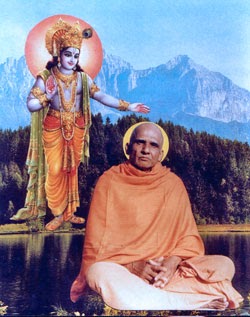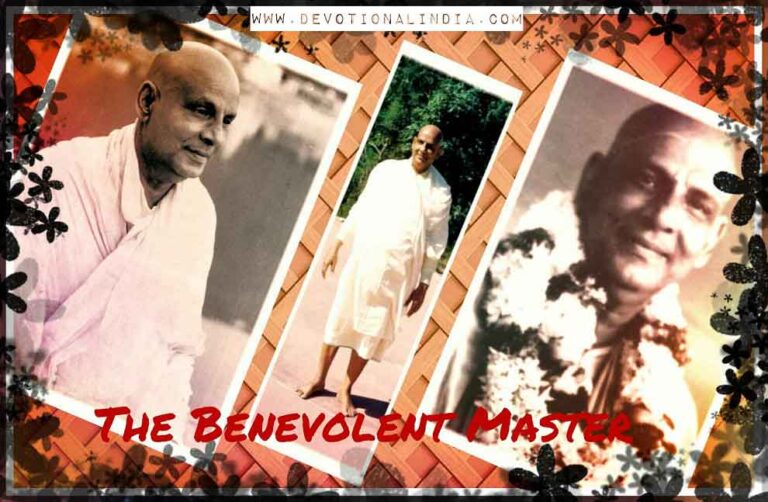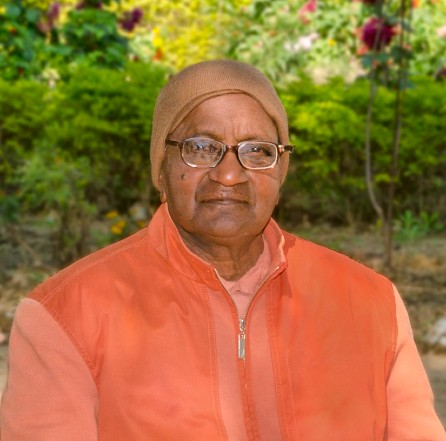Sant Kabir
Sant Kabir
“Reading books everyone died, none became wise.
One who reads the word of love alone becomes truly wise.”

Teachings and Philosophy of Sant Kabir.
Sant Kabir’s teachings are immortalized in his dohas (couplets), which are still widely recited across India. His philosophy emphasizes the equality of all human beings and the futility of rituals and religious dogma. Kabir’s poetry speaks directly to the soul, advocating for a direct connection with God through love and inner purity.
He famously said, “Pothi Padh Padh Jag Mua, Pandit Bhayo Na Koye. Dhai Aakhar Prem Ka, Padhe So Pandit Hoye,” which translates to, “Reading countless scriptures won’t make you wise; only the understanding of love can make one truly knowledgeable.”
Kabir’s influence extended beyond his lifetime through disciples known as “Kabir Panthis,” who continued spreading his teachings across different regions of India. His ideas also inspired other prominent Bhakti saints like Guru Nanak Dev Ji and Tulsidas.
Today, Sant Kabir Das continues to be revered as one of India’s greatest mystic poets. His teachings resonate with seekers seeking spiritual enlightenment and liberation from societal norms. His impact on shaping the Bhakti movement cannot be understated; it remains an integral part of Indian cultural heritage.
During this time he had a number of fundamental spiritual experiences which convinced him of the truth of the “Sanatana Dharma” – the ancient spiritual knowledge and practice of India.
“काल करे सो आज कर, आज करे सो अब।
पल में परलय होएगी, बहुरि करेगा कब॥”
― Sant Kabir
Impact on Society.
Sant Kabir’s influence was not confined to his lifetime; it continues to shape spiritual movements in India and beyond. He challenged the rigid social hierarchies of his time and spoke out against both Hindu and Muslim orthodoxy. His message of love and unity transcended religious boundaries, making him a figure of universal respect.
Even today, Sant Kabir’s teachings are a source of inspiration for millions, particularly the Kabirpanthis, who continue to follow his path of devotion, simplicity, and spiritual insight.
Kabir challenged caste discrimination, untouchability, and sectarian divisions.
He was born into a Muslim weaver family but preached the oneness of all humans beyond caste and religion.
His teachings empowered the poor and marginalized, encouraging self-respect and spiritual independence.
He criticized meaningless rituals, idol worship, and religious dogmas of both Hinduism and Islam.
Advocated inner devotion (bhakti) and direct experience of God instead of relying on priests or mullahs.
Promoted Nirguna Bhakti — devotion to a formless God.
‘ Kabir remains a symbol of unity, simplicity, and truth.
His messages are still relevant in today’s world torn by religious intolerance, inequality, and spiritual confusion.

Kabir emphasized that true worship lies not in external rituals or idol worship but in developing an intimate and personal relationship with the divine. He spoke against blind adherence to religious customs and rituals, highlighting the importance of inner spirituality and love for all beings.
Sant Kabir Das, the 15th-century mystic poet and philosopher, played a crucial role in shaping the Bhakti movement in India. His love, devotion, and unity teachings have profoundly impacted society and continue to resonate with people across generations.
Inspiration
Sant Kabir is one of India’s greatest spiritual poets and reformers whose teachings continue to inspire people even after 600 years. Born in a humble weaver family, Kabir rose above all religious and social boundaries to spread the message of truth, love, unity, and inner devotion.
source: kabirpanthishadi,











































